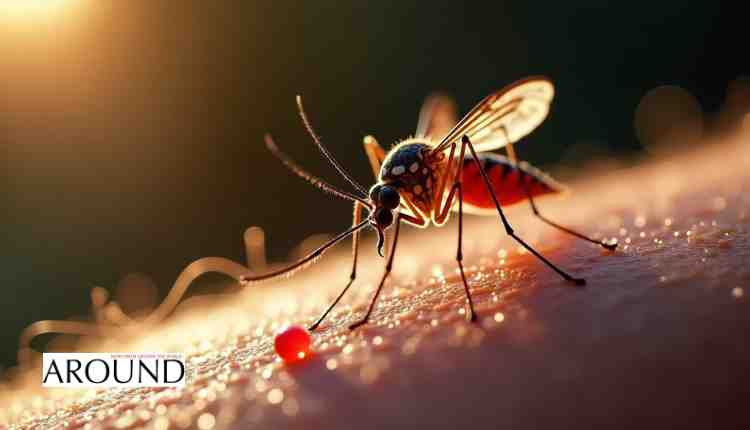Nitisinone: A Surprising New Way to Kill Mosquitoes
A medicine called nitisinone, originally used to treat rare diseases, may now help combat malaria by killing mosquitoes in a novel and unique way.
Scientists from the University of Notre Dame found that when a person takes nitisinone, it stays in their blood. If a mosquito bites that person, the drug stops the mosquito from digesting the blood, causing it to die soon after.
How Does It Kill Mosquitoes?
The drug blocks an important enzyme in mosquitoes called HPPD. This enzyme is needed to break down blood in their body.
Without this enzyme, the mosquito can’t digest the blood and dies. This method also works on mosquitoes that are resistant to normal insect sprays, like a type called Anopheles gambiae, which spreads malaria.
Better and Faster Than Old Methods
Nitisinone works faster than older drugs like ivermectin, killing mosquitoes within one day after they bite.
Even better, the drug stays in the body for a long time, so it keeps killing mosquitoes for several days or even longer after just one dose. This makes it easier and more effective for protecting people over time.
Kills Mosquitoes of All Ages
Older mosquitoes are more likely to spread malaria. Nitisinone is powerful because it kills both young and old mosquitoes.
This means it can stop the spread of malaria better than some other methods, especially in places where mosquitoes have become stronger and harder to kill.
A New Way to Fight Malaria
Doctors and scientists are excited about this new discovery. Using nitisinone means we can turn human blood into a mosquito killer, offering a new way to protect people from malaria.
Dr. Lee R. Haines, a researcher at the University of Notre Dame, said this could be a great new tool to help fight diseases like malaria, especially where other solutions are not working well anymore.
A Big Step Forward
This discovery shows that old medicines can have new uses. Nitisinone may soon become part of the fight against malaria in many countries.
If everything goes well in more studies and trials, we may soon have a safe, long-lasting, and easy way to protect people from mosquito bites—and from the deadly disease they spread.

